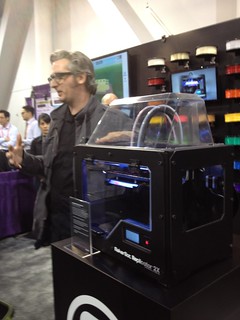In a recent article on Wired, Joi Ito (director of the MIT Media Lab) outlined 9 rules for businesses dealing with the future that technology is bringing to us all. I think these apply to organizations of all sorts, and aren’t a bad starting place for understanding how a modern organization should behave.
- Resilience instead of strength, which means you want to yield and allow failure and you bounce back instead of trying to resist failure.
- You pull instead of push. That means you pull the resources from the network as you need them, as opposed to centrally stocking them and controlling them.
- You want to take risk instead of focusing on safety.
- You want to focus on the system instead of objects.
- You want to have good compasses not maps.
- You want to work on practice instead of theory. Because sometimes you don’t know why it works, but what is important is that it is working, not that you have some theory around it.
- It disobedience instead of compliance. You don’t get a Nobel Prize for doing what you are told. Too much of school is about obedience, we should really be celebrating disobedience.
- It’s the crowd instead of experts.
- It’s a focus on learning instead of education.
I think there’s a lot of potential here for libraries to learn from, but #2 and #4 seem to speak directly to us. My personal favorite is #7, but that’s probably not a surprise to anyone who knows me.
